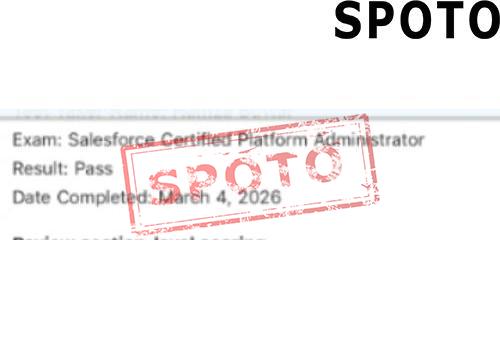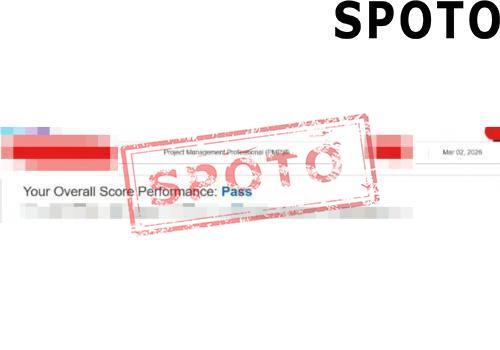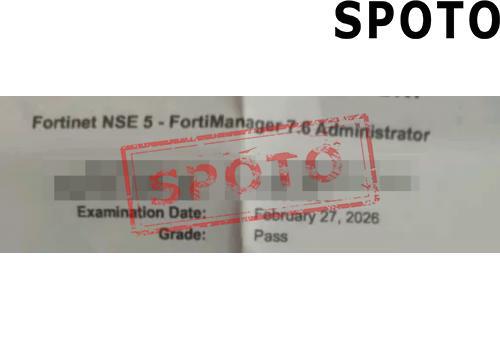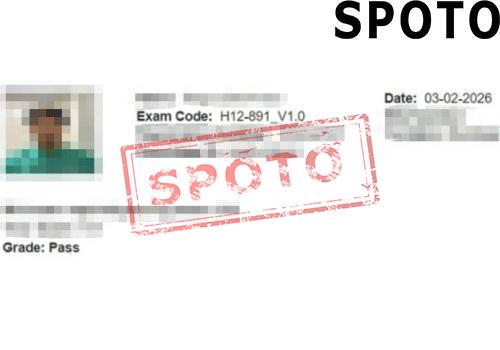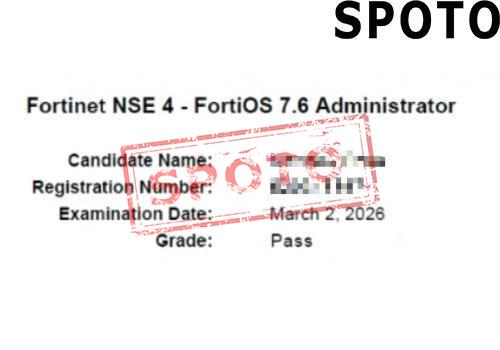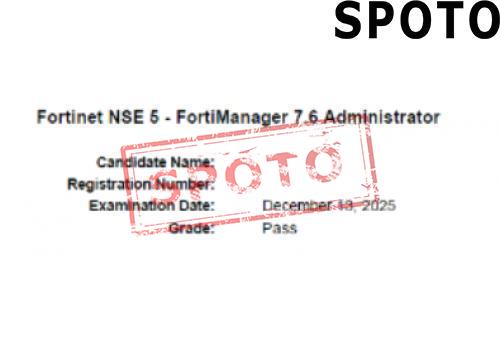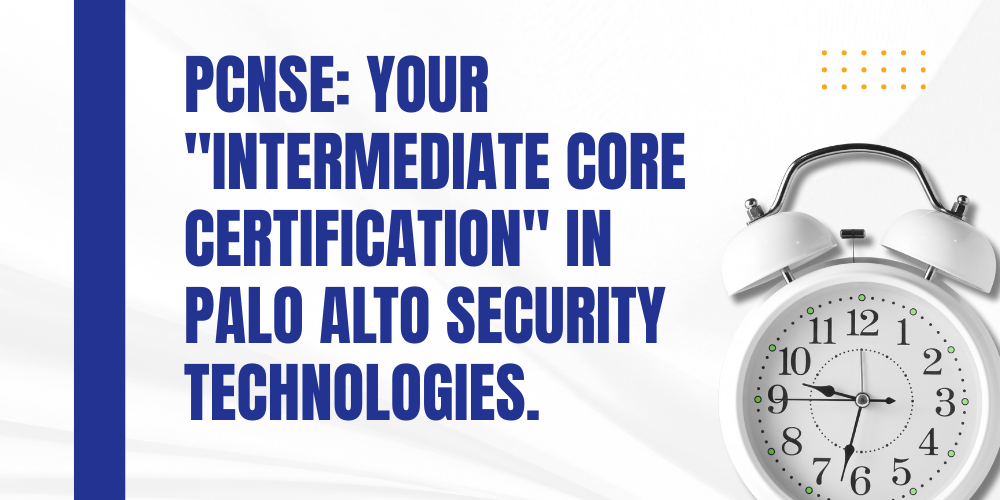
Table of Contents
- 1. Introduction to the Palo Alto Networks Certified Network Security Engineer certification
- 2. The Competitive Edge of a PCNSE Certification
- 3. Core Components of the PCNSE Certification
- 4. Requirements to be a Palo Alto Networks Certified Network Security Engineer
- 5. Comparable Certifications to PCNSE certification
PCNSE is the core value of PAS, which aims to verify the comprehensive ability of practitioners to design and implement enterprise-level Palo Alto security solutions.
1. Introduction to the Palo Alto Networks Certified Network Security Engineer certification
The Palo Alto Networks Certified Network Security Engineer (PCNSE) is a vendor-exclusive, mid-level core certification offered by Palo Alto Networks, a leading global network security vendor. It specifically validates practitioners' capabilities in complex deployment, advanced threat protection, architectural optimization, and in-depth troubleshooting of Palo Alto next-generation firewalls and the supporting security ecosystem. As the core qualification in the Palo Alto certification system, the PCNSE builds on the PCNSA and serves as the core standard for evaluating practitioners' ability to independently design and implement enterprise-grade Palo Alto security solutions.
The Palo Alto NGFW is a core component of an enterprise's network security perimeter. The PCNSE's core focus is to cultivate "designers and problem solvers of the Palo Alto security architecture." Unlike the PCNSA, which focuses on daily configuration and basic operations, the PCNSE targets complex security scenarios within medium- to large-scale enterprises. It represents a critical step in the Palo Alto ecosystem from administrator to engineer and is a preferred candidate for senior technical positions within the Palo Alto ecosystem. It is particularly recognized in security-critical industries such as finance, telecommunications, and technology.
2. The Competitive Edge of a PCNSE Certification
The PCNSE is the most prestigious intermediate certification in the Palo Alto certification system. Only approximately 25% of PCNSA holders worldwide pass the PCNSE exam. At over 85% of Fortune 500 companies using Palo Alto products, the PCNSE is a mandatory requirement for positions like "Senior Security Engineer" and "Solutions Architect," and is essential for participating in large-scale projects.
According to Payscale, if you're a PCNSE certified professional, you can expect to earn somewhere between $100,000 and $180,000 per year—that’s about 50% to 80% more than what PCNSA holders typically make. And it doesn’t stop there.
Here in China’s first-tier cities, folks working in finance or with top cybersecurity vendors who hold a PCNSE are often looking at packages around ¥200,000 to ¥400,000. And if you've got skills in hot areas like cloud security or zero trust? You’re well-positioned to step up into a security architect role—where it’s not uncommon to earn between ¥400,000 and ¥800,000.
But the PCNSE isn’t just about the numbers. It tells employers you can handle real-world, complex Palo Alto scenarios on your own. Take a ransomware attack, for example: although a regular admin might have to wait for vendor support (raising the chances of downtime), a PCNSE holder can jump right in—analyzing samples, tuning IPS signatures, and leveraging WildFire to block the threat. That’s the kind of hands-on skill that keeps businesses running smoothly.
The PCNSE assessment closely tracks cybersecurity trends, and the skills possessed by holders can seamlessly integrate with Palo Alto's cloud security products, moving towards "cloud, network, and security integration." Furthermore, the PCNSE is a prerequisite for obtaining the Palo Alto Networks Certified Security Architect (PCNSA) expert-level certification, laying the foundation for long-term career development.
3. Core Components of the PCNSE Certification
The PCNSE certification exam focuses on the advanced capabilities and enterprise-scale application of Palo Alto Networks' latest PAN-OS 11.x software. It emphasizes architecture design and practical troubleshooting across six core modules. The evaluation covers designing distributed enterprise security architectures with centralized management and regional gateways, implementing high availability clusters for minimal downtime, and performing capacity planning to prevent performance bottlenecks.
Key areas include advanced security policy design and lifecycle management using multidimensional rules, building advanced threat prevention systems integrating WildFire sandboxing and IPS with threat intelligence, and implementing identity-driven and zero trust frameworks through deep integration with enterprise identity systems and microsegmentation. The exam also tests skills in converged SD-WAN and NGFW deployment for secure and optimized connectivity, as well as deep-level and performance tuning using advanced logging, cross-module issue resolution, and system optimization techniques.
4. Requirements to be a Palo Alto Networks Certified Network Security Engineer
(1) Qualification prerequisites:
Official requirements require practitioners to first pass PCNSA certification, demonstrating basic NGFW configuration capabilities. They are also recommended to have 2-3 years of practical experience with Palo Alto NGFWs and experience in enterprise-level HA cluster deployments and SD-WAN convergence projects. Otherwise, they will struggle to handle complex scenario analysis questions.
(2) Training and examinations:
To earn the PCNSE certification, you'll need to pass an exam consisting of 75 questions to be answered within 90 minutes. You'll face multiple-choice questions and realistic, scenario-based problems that mirror actual enterprise network challenges. The exam requires a passing score of 70% and costs around $300 USD. You can choose to take it at a testing center or online through Pearson VUE.
(3) Qualification maintenance:
The PCNSE certificate is valid for three years. Practitioners must accumulate 60 continuing education (CE) credits during this period. These credits can be earned by completing official Palo Alto advanced training courses, attending Palo Alto technical seminars or certification exams, or publishing articles or case studies related to Palo Alto technologies.
5. Comparable Certifications to PCNSE certification
- Check Point Certified Security Expert (CCSE)
- Fortinet Network Security Expert
- Cisco Certified Network Professional Security
- Juniper Networks Certified Internet Professional – Security (JNCIP-SEC)
